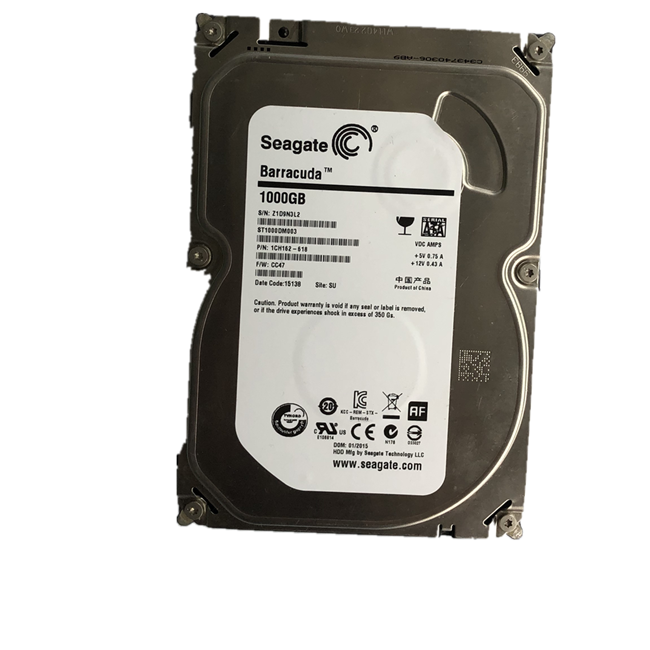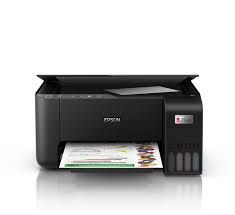Server Hard Disk Drive Prices
When considering the purchase of a Server Hard Disk Drive (HDD), it’s important to understand that pricing can vary widely based on several key factors. The cost of server HDDs is influenced by the brand, capacity, speed, interface, form factor, and other features that determine their suitability for different applications and environments.
Brand/Manufacturer: Leading brands like Dell, HPE, Seagate, and Western Digital offer a range of server hard drives, with prices often reflecting the reliability and reputation of the manufacturer.
Capacity: Server HDDs are available in various capacities, from 500GB to multiple terabytes. As capacity increases, so does the price, with 2TB and higher drives generally commanding a premium due to their larger storage capabilities.
Drive Speed (RPM): The rotational speed of the drive, measured in RPM, affects both performance and cost. Drives with 7,200 RPM are typically more affordable and suited for less demanding tasks, while 10,000 RPM and 15,000 RPM drives offer better performance at a higher price point, making them ideal for high-performance environments.
Form Factor: Server HDDs come in two primary form factors—2.5-inch and 3.5-inch. The 2.5-inch drives are often more expensive per gigabyte due to their smaller size and higher performance, whereas 3.5-inch drives offer more storage at a lower cost, making them a popular choice for larger capacity needs.
Interface: The type of interface used by the HDD significantly impacts its price. SAS (Serial Attached SCSI) interfaces, available in 6Gbps or 12Gbps, are typically more expensive due to their enterprise-grade reliability and performance. SATA (Serial ATA) drives are more affordable, offering a cost-effective solution for standard server environments. NVMe interfaces, usually found in SSDs, are the most expensive, providing top-tier speed and performance.
New vs. Refurbished: New server HDDs come with a manufacturer’s warranty, adding to their cost. Refurbished drives are available at a lower price, though they may come with limited or no warranty.
Warranty: The length and type of warranty can also influence pricing. A standard 3-year warranty is common, while some enterprise models may offer a 5-year warranty at a higher price.
Region: Pricing can vary significantly by region due to taxes, import duties, and availability. It’s important to consider local market conditions when budgeting for server HDDs.
Purchase Volume: Bulk purchases may offer discounts, while single purchases usually reflect standard pricing. Vendors or resellers may also offer competitive pricing or promotions that can impact the overall cost











Reviews
There are no reviews yet.